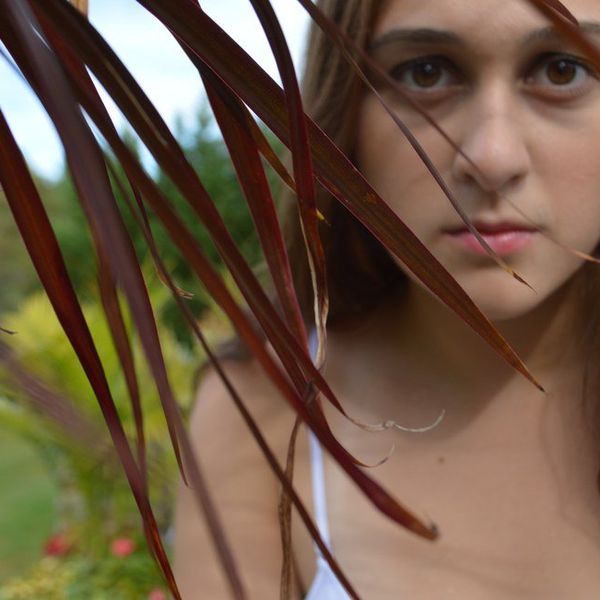I experienced my first hypomanic episode when I was 16.
Hypomania and mania are states of elated or especially irritable mood — high energy, no sleep, racing thoughts — that serves as the core symptom which differentiates bipolar depression, aka bipolar disorder, from its counterpart, unipolar depression. Mania is a more extreme, longer-lasting version of hypomania and is characteristic of bipolar disorder type I (I have type II).
I was on a retreat with my choir. I was having the time of my life…or so I thought. My perception of my actions started to become very warped, and I acted in ways that make me ashamed to this day. I made my classmates uncomfortable — even scared — because of the irresponsible and insensitive things I said and did.
People with bipolar disorder experience not only mania or hypomania but also depression, and it's just as intense and crippling as it is for those with major depressive disorder or persistent depressive disorder.
I take full responsibility for my actions. I was forced to leave choir for the rest of the school year, and as I realized what I'd done, I took a nosedive from excitement into a deep, deep depression. My world was crashing down around me. Life began to feel like a cruel joke. Earlier that year, my mom had committed suicide, and it made me especially vulnerable. I got to a point where I was experiencing thoughts of taking a bunch of pills and ending it all, escaping…but I could never surrender. I asked my dad to take me to the hospital one night, and that was the first of two hospitalizations I had due to suicidal ideation.
It took several months for my psychiatrist to consider that I wasn't just depressed, but there was something else to it, something that caused me to behave in such a wild and uncharacteristic way which I never would have had I been my stable self. Because my hypomania was followed by depression, it was hard for me to remember that episode as it was. My vision and my memories were severely clouded by the hopelessness I experienced then. Eventually, I was diagnosed though, and we found a medication that helped both stabilize my mood and help me not fall so deep when I did get depressed.
It's been over five years since then, and things are so much better, better than I ever could've imagined they'd be. I now view the pain and hardship I had to go through during the extremely messy, complication, and up-and-down healing process as crucial to the emotional resilience I am building up today. I am proud to share my story and wear my mental illness as a badge. I want people to know that millions of other people have been in their shoes, have reached absolutely rock bottom, and climbed back up. Empathy is so powerful.
That's why I tend to get very upset when it seems like people leave mental illnesses other than depression and anxiety out of the conversation.
There is a lot of empathy for people who are depressed, but I suffered so much when so few people had empathy for me because of how I behaved due to hypomania. Even when I joined choir once again senior year, people judged me, even when I tried to tell them that my actions were a result of an illness, and I was working incredibly hard to heal and improve myself. Another instance of hypomania sandwiched in between two depressive episodes contributed to me going through an intensely rough period with my best friend.
There are millions of people like me out there. 5.7 million Americans suffer from bipolar disorder — it's much more common than many people realize. It leads to an average 9.2 year reduction in expected lifespan, mostly due to the very high risk of suicide. The suicide rate for individuals with bipolar disorder is nearly twice that of unipolar depression, and I understand why. Not only do we experience the kind of hellish depression that are part of other mental illnesses, but our manic and hypomanic episodes can cause us to ruin our own lives. Spending money recklessly, having unsafe sex, abusing alcohol or other drugs, putting ourselves in physical danger, damaging relationships with loved ones, the list of consequences goes on and on.
All I want is to feel like my story, and those of others like me, is heard and valued. Seeing celebrities such as Halsey, Britney Spears, and Carrie Fisher talk openly about their diagnoses has definitely helped educate people, but there's still a lot of work to be done.
I really wish that people didn't use the word "depression" when they really mean "mental illness."
This applies to other mental illnesses too, such as schizophrenia, obsessive-compulsive disorder (OCD) and personality disorders. If we are fighting the stigma of depression and anxiety, we need to fight the stigma for all mental illnesses.





















